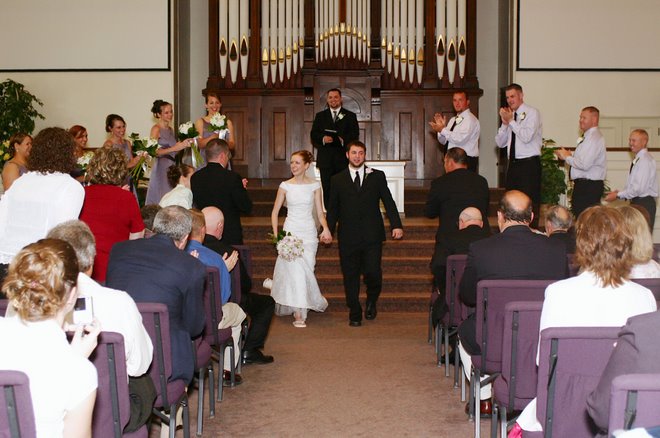For those of you just tuning in, my apologetics professor asked us to briefly answer the four following questions: 1. How do we find happiness? 2. How do we find wholeness? 3. What goals are really worth pursuing? 4. What is life "for"? We had to answer each question twice--once from a Christian worldview and then once from the worldview of the average American. In this post, I have pasted my answer to the question "How do we find wholeness?" from a Christian Worldview. For you picky theologians out there, remember that my answer had to be brief. Feel free to add anything as a comment. Answering questions briefly is very bitter-sweet. I love it and I hate it. I love the challenge and exactitude of being brief, but hate not crossing all my i's and dotting all my t's. This is a good exercise for someone like me though because I tend to be one who really over explains things. For example, if I am not careful this very introduction will be longer than the answer itself. Furthermore, if I am not careful my explanation of how I tend to be overly wordy may be longer than both my answer and the introduction. And even still more--I think you get the point. To my answer we go!
 "The antithesis of wholeness is disconnectedness, therefore our pursuit of wholeness ought to start by seeking one who is able to, like Humpty Dumpty, put us back together again. One of the results of the fall was that the core of our being was torn apart. Spiritual death divorced the soul from the body/mind, therefore wholeness can only take place when the soul and the body/mind experience a reunion. This reunion can only begin through the regenerating power of the Holy Spirit, and only finds its consummation when the soul houses itself in an immortal glorified body. In conclusion, wholeness can only begin to be realized when one experiences the new birth (which can only happen by believing on the Lord Jesus and repenting of your sin)"
"The antithesis of wholeness is disconnectedness, therefore our pursuit of wholeness ought to start by seeking one who is able to, like Humpty Dumpty, put us back together again. One of the results of the fall was that the core of our being was torn apart. Spiritual death divorced the soul from the body/mind, therefore wholeness can only take place when the soul and the body/mind experience a reunion. This reunion can only begin through the regenerating power of the Holy Spirit, and only finds its consummation when the soul houses itself in an immortal glorified body. In conclusion, wholeness can only begin to be realized when one experiences the new birth (which can only happen by believing on the Lord Jesus and repenting of your sin)"


1 comment:
Jimmy,
I understand the necessity of brevity in your post. What you stated is exactly true, but the truthfulness of your statement describes the process of experiencing wholeness, while the substance of wholeness for the regenerate is not in regeneration itself, but in the antecedent of regeneration: unending satisfaction in the glory of Jesus Christ. Wholeness is wholeness because its wholeness is predicated, founded, and sustained by the joyful conscious experience of the glory of Jesus Christ. You are right to start with regeneration, as a joyful conscious experience of the glory of Christ is not possible apart from it, but this is where regeneration takes us and this how regeneration makes us whole.
Post a Comment